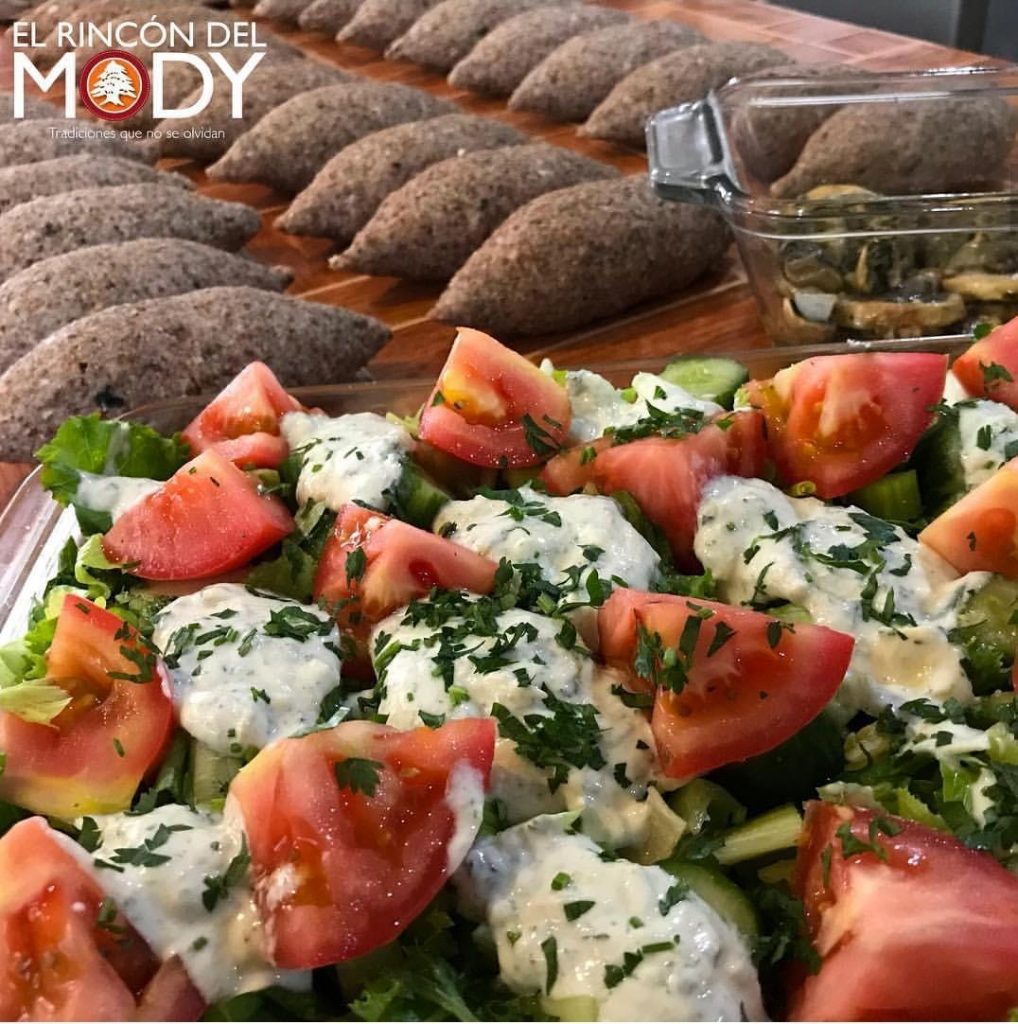It was in the late 1870s that the first Lebanese immigrants began to arrive in the Yucatan Peninsula, with the aim of moving away from the social conflicts of the Middle East, and being able to settle in a land of peace and opportunity. Erroneously identified as “Turks” by the local population, because their passports contained the nationality of that country, at that time their territory was under the domination of the Ottoman Empire.
But the Lebanese presence in the Peninsula eventually grew into both a beloved and significant community, due to the concentration of people of that nationality and to their contributions to everyday life in the Peninsula.
The Port of Progreso was one of the main entrances to Mexico, so many immigrants decided to stay in the Yucatan, especially in Merida, where the henequen industry was beginning to thrive. At first, most Lebanese worked in the harvesting of henequen, as they were used to working the land, but over time they became more professional and became experts in trade and business.
By 1910 population census lists 568 people as “Turkish” (because they carried Turkish passports), of whom 305 were men and 203 women. Although Luis Ramírez Carrillo, quoting Carmen Páez Oropeza, states: “According to other testimonies, there were more than 2000 Lebanese in Yucatán in the year 1910.
The Lebanese community has stood out, above all, in the areas of trade, finance, business and gastronomy, bringing their products and spices to the Yucatecan’s everyday life.

Yucatecan food has been enriched to a great extent by the stews and ingredients characteristic of that distant region of the world, whose most common representatives, at least in the Yucatán Peninsula, are the eggplant, olive oil, onion, chickpeas, lentils, wheat, rice, potatoes, lamb, yoghurt and various kinds of herbs.
They have also been very assiduous to garlic, pepper, oregano, cinnamon, mint and cumin. The frequent dishes on the tables of the Lebanese immigrants were: roasted lamb, fried or baked kibi, stuffed with vegetables or ram’s tallow; the kafta, the xixbarak, enxiandra, okra, eggplant with oil, the stuffed lamb’s belly, dolmades, the tabule and labnne.

At the same time, Lebanese dishes made in the Peninsula have adopted local ingredients, such as beef and pork, xcatic and habanero peppers, which are part of the traditional kibis that, by the way, are offered daily on the street, in food stands and even in massive events.
The Yucatan Times
Newsroom


